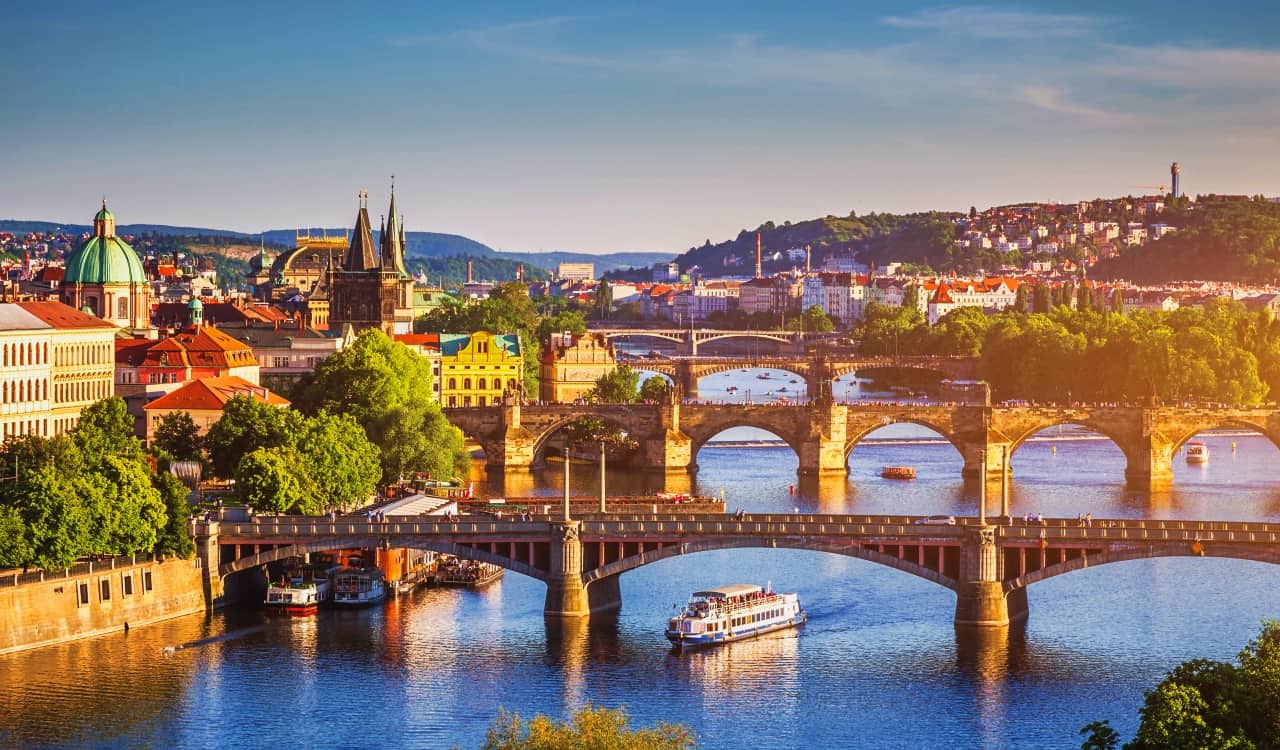We all want to live a long life that builds upon itself with great accomplishments. Producing an impact that people will feel for years to come. Yet sadly, many people will not accomplish a lot nor even live a long life. While it might be odd to say geography has to do with this, it kind of does. In fact, the information we have uncovered proves that location has a significant connection to longevity. What are the countries with the best life expectancies? You’d be surprised who made the list.
Just to let you know a little secret, the United States of America is ranked #48 overall and thus, did not make our list. Yet it is a list based on averages, so many nations with lower populations made the list. However, we controlled for that here. This is why we disqualified any countries with a population below 5 to 6 million people. We also allowed for nations that might be annexed by others to be in contention. Our list will also go from the lowest to the highest life expectancies. On top of that, we’ll tell you why these nations might have a high life expectancy rate. Let’s get started!
Czech Republic

Male Life Expectancy: 77.33
Female Life Expectancy: 82.35
Life Expectancy Age Overall: 79.85
Population: Just Under 11 Million
Czechia, better known to many of us as the Czech Republic, is a notable country in Europe. Home to just under 11 million people, they have seen steady growth in the last 50 years. Somehow, their female population has managed to live far longer than the male population. Currently, they outlive males on average by 5 to 6 years. Yet in the last 50 years, the gap has widened in specific year points. In the 1990s and early 2000s, Czech women outlived men between 7 to 9 years longer.
The economy here is nothing to write home about, yet there might be a reason for their ability to live longer. There is a small number of rural people here versus urban. meaning a lot of people live in the major cities or right outside them. This provides more chances to be around others and develop a proper immune system. Yet the population might be declining as fertility rates dropped annually until 2000 before going back up slightly. Therefore, with people living longer but fewer new people coming in, things even out supply-wise.
